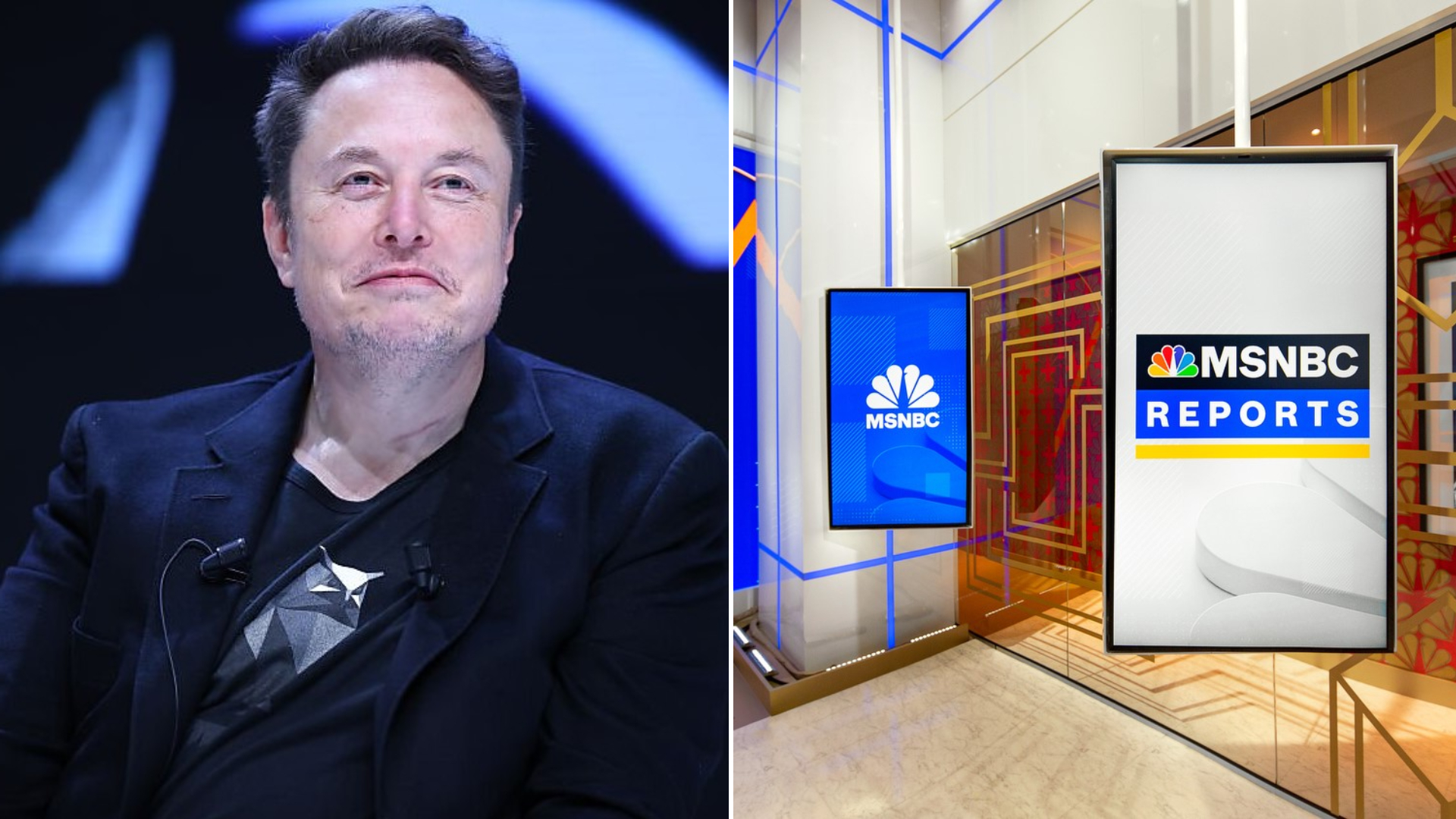Elon Musk’s recent decision to launch a boycott against MSNBC has sent shockwaves through the media landscape, resulting in a significant financial impact for the network. The outspoken billionaire and tech mogul’s move has led to a sharp decline in MSNBC’s sponsorship revenue, with reports indicating that the network has lost approximately $200 million in sponsorship deals. This development highlights the growing influence of high-profile individuals like Musk in shaping the media and advertising industries, as well as the shifting dynamics of how media companies engage with their audiences.
The root of this controversy lies in Musk’s criticism of MSNBC’s coverage, particularly regarding its portrayal of him and his various business ventures. Musk, known for his vocal presence on social media and his tendency to engage in public disputes, has had a contentious relationship with many traditional media outlets. He has frequently accused certain news networks of misrepresenting him and his companies, and his latest boycott of MSNBC appears to be a response to what he views as biased or unfair reporting.
As one of the wealthiest and most influential figures in the world, Musk’s boycott has not been without consequence. His decision to withdraw his support and call for others to do the same has sent a ripple effect through the business and media worlds. Sponsors, which are crucial for the financial stability of news networks, have reportedly pulled back from their partnerships with MSNBC due to the negative publicity surrounding the network’s handling of Musk and his ventures. The $200 million drop in sponsorship revenue is a clear indication of the economic power that Musk commands and the growing influence of public figures in shaping media narratives.
Musk’s boycott of MSNBC also raises important questions about the role of media in shaping public discourse and the influence of sponsorships in news coverage. For many, the media is seen as an essential institution that holds power to account and provides unbiased information to the public. However, as Musk’s boycott has demonstrated, media companies are increasingly dependent on the financial support of sponsors, which can have a direct impact on the editorial decisions made by news outlets. This creates a potential conflict of interest, where media organizations may be swayed by their reliance on advertising revenue rather than purely focusing on journalistic integrity.
Furthermore, this situation underscores the shifting relationship between celebrities, influencers, and traditional media outlets. With platforms like Twitter and other social media, individuals like Musk have gained a direct and powerful line to the public, bypassing traditional media channels. Musk’s ability to call attention to issues, drive conversation, and mobilize support for causes or boycotts has given him a level of influence that can rival that of major news organizations. His direct engagement with audiences through social media has made him a key player in shaping public opinion, forcing media outlets like MSNBC to reconsider their approach in dealing with controversial figures.
The $200 million loss in sponsorship revenue is a significant blow to MSNBC, a network that has already faced challenges in maintaining its viewership and staying competitive in a rapidly changing media environment. With the rise of digital platforms and shifting audience preferences, traditional news networks like MSNBC have had to adapt to the new media landscape. The loss of major sponsorships highlights the vulnerability of these companies in an era where public perception and consumer support are more fluid than ever.
The boycott and its consequences also serve as a reminder of the growing importance of brand alignment in the media and entertainment industries. For sponsors, aligning with a media outlet can be a delicate balancing act, as they must consider the potential risks and rewards of associating their brand with specific outlets. In this case, the fallout from Musk’s boycott shows that advertisers and sponsors are increasingly willing to pull their support if they feel that a media company’s actions or editorial stance may be damaging to their brand’s reputation.
In the wake of this controversy, it remains to be seen how MSNBC will respond. Will the network attempt to mend its relationship with Musk and other influential figures, or will it double down on its editorial stance? The outcome of this situation could have broader implications for the future of media companies and their relationships with sponsors, as the lines between media, celebrity influence, and corporate interests continue to blur.
For now, Musk’s boycott stands as a powerful reminder of the growing influence of individuals in shaping the media landscape, with far-reaching effects on advertising, sponsorships, and the business of news itself. The battle over media influence is far from over, and the power dynamics between media outlets and their sponsors will continue to evolve in the coming years.
This Is SATIRE, It’s Not TRUE
